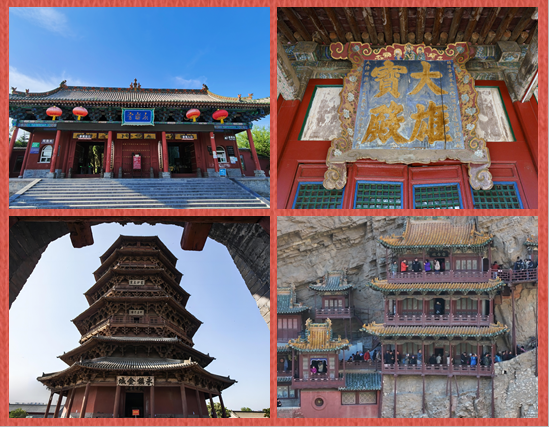Shanxi enhances ecological protection, sustainable development
Updated: 2024-01-17
Shanxi province pursued the integrated protection and management of its natural environment in 2023 to bolster the region's sustainable development.
The province afforested an area of over 3,044 square kilometers last year, more than anywhere else in China for the third consecutive year.
It managed to control soil erosion across an area of over 3826 sq km. The ancient spring of Jinci Temple resumed flowing last year for the first time in 30 years. From January to October, 90.4 percent of the province's water bodies under national supervision achieved excellent water quality.
The province also intensified the protection and restoration of important wetlands, leading to the successful upgrade of the Hongtong Fenhe River Wetland to a national-level important wetland. The "Shanxi Wetland Protection Regulations" were implemented, and a special campaign was launched to investigate and rectify the unauthorized occupation of areas in national wetland parks.
In the Yellow River basin, the province initiated water conservation and control measures, aiming to keep annual water usage within the target of 8.5 billion cubic meters in 2023. A total of 73 counties and districts have been recognized by the Ministry of Water Resources as meeting the standards for constructing a water-saving society.
While prioritizing environmental protection, Shanxi has leveraged its ecological resources to promote the sustainable development of the forestry-derived industry.
The province has focused on developing forest health and wellness initiatives in counties, townships, and villages with high forest coverage rates, beautiful ecological environments, and significant capacity to support regional economic transformation. A total of 111 sites were selected by the China Forestry Industry Federation as national-level pilot areas for forest health and wellness industrial development.
It also developed more than 19 sq km of woody medicine planting bases and boosted the development of forest-derived industries such as traditional Chinese medicine, fungi, poultry and forest tourism.



